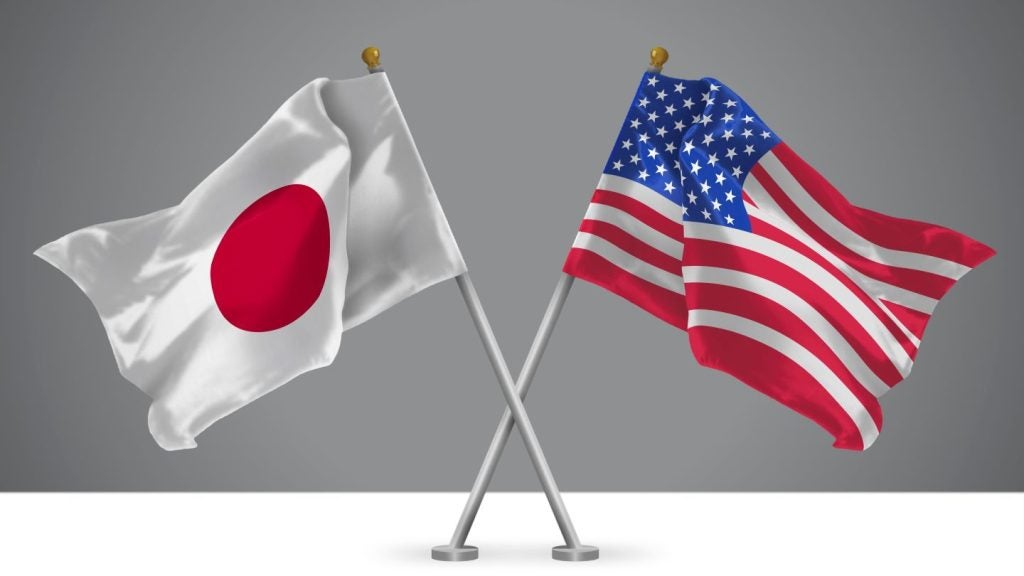When California governor Jerry Brown suggested last week in front of the Irish Prime Minister Enda Kenny that Ireland enticed computer multinational Apple with its "creative accounting" to settle operations in Cork, was he really joking?
Speaking at an event organised by Enterprise Ireland, an estate agency that promotes Irish companies’ exports, Brown expressed surprise that Apple had so much presence in Ireland.
"We thought they were a California company but when you look at their tax return, they are really an Irish company," Brown said. "Anyway, that is part of the creativity – yeah, it is called creative accounting."
Indeed he was joking, as a spokesperson for Brown told The Accountant: "The governor’s light-hearted comments were made in jest and received in that spirit."
But Brown’s comments, including the one that California could become an independent country if it applied Ireland’s corporate tax rate, might have had an unintended ripple effect in Europe.
EU state aid rules
The European Commission (EC) announced yesterday it is going to launch a formal investigation to determine whether Apple’s tax reductions in Ireland comply with European Union (EU) laws.

US Tariffs are shifting - will you react or anticipate?
Don’t let policy changes catch you off guard. Stay proactive with real-time data and expert analysis.
By GlobalDataThe investigation, which covers also coffee company Starbucks in the Netherlands and finance division of car maker Fiat in Luxembourg, focuses on clarifying if such tax incentives violate EU rules on state aid.
"Under the EU’s state aid rules, national authorities cannot take measures allowing certain companies to pay less tax than they should if the tax rules of the member estate were applied in a fair and non-discriminatory way," EC vice-president and commissioner for competition Joaquin Almunia said.
As defined by the EC, state aid is a competitive advantage of any form conferred by a government to a company. Therefore those arrangements are generally prohibited under EU law due to competition issues.
However, there are some exceptions in which state aid could be compatible with EU legislation, being the EC responsible for ensuring that member states’ measures constitute a compliant form of state aid.
As such the EC said the investigation is not about the general tax regimes of Ireland, the Netherlands and Luxembourg. It will rather examine if "tax rulings", the guidance issued by national tax authorities about tax calculations, could constitute a form of incompatible state aid.
Those tax rulings usually provide guidance on the calculation of transfer pricing, which is the prices charged for transactions between subsidiaries of the same company group. In effect, transfer pricing is used as a technique to shift taxable profits from a subsidiary in a high-tax jurisdiction to a low-tax one.
As the EC said, it will examine the Irish tax authority’s rulings "on the calculation of the taxable profit allocated to the Irish branches of Apple Sales International and of Apple Operations Europe" to see if they constitute state aid to the Californian company.
Level playing field
Commenting on the news the Association of Chartered Certified Accountants head of taxation Chas Roy-Chowdhury said that although tax policy it’s a member state’s responsibility, policymakers must recognise the wider impact of the choices they made.
Without prejudging the outcome of the investigation, he said, that’s especially important in the case of tax rulings: "Tax authorities shall ensure that the rules are clear, specific about their intentions, framed in a way which actively seeks to pre-empt attempts to find loopholes."
Baker Tilly UK senior tax partner George Bull said the investigation represents a new challenge to the role of sovereign nations in tax planning and a reminder to the UK to be mindful of state aid rules.
"The stated intent of having the lowest main rate of corporation tax of any G20 nation is already proving attractive to companies such as Starbucks and Pfizer," he said.
Bull added that regardless of the investigation’s outcome "sovereign nations will be as much in the firing line on international tax avoidance as the companies which they wish to attract to their shores."
US investigation
In May last year a US investigation by the Senate’s Permanent Subcommittee on Investigations (PSI) found that Apple had avoided paying tens of billions in taxes through its Irish offshores affiliates.
According to the PSI findings, Apple had at the time $145bn in cash and securities, of which $102bn were transferred offshore, including Apple Operations International and Apple Sales International.
The PSI investigation concluded that an Apple’s cost sharing agreement (CSA) with its offshore affiliates in Ireland was "primarily a conduit for shifting billions of dollars" on taxes from the US to Ireland.
"From 2009 to 2012, the CSA facilitated the shift of $74bn in worldwide sales income away from the United States to Ireland where Apple has negotiated a tax rate of less than 2%," the PSI report stated.
According to the report, Apple told the PSI that, for many years, Ireland had provided its affiliates with a special tax rate substantially below Irish’s already relatively low 12 % corporate tax rate.
"Since the early 1990’s, the government of Ireland has calculated Apple’s taxable income in such a way as to produce an effective rate in the low single digits…The rate has varied from year to year, but since 2003 has been 2% or less," Apple tax operations head Phillip Bullock testified to the PSI in May last year.
The report added that other information provided by Apple showed that the most recent rate was below 2%. Apple told the PSI that from 2009 to 2011, Apple Sales International paid an Irish corporate income tax rate far below 1% and, in 2011, as low as five-hundreds of one percent (0.05%).
"These figures demonstrate that Ireland has essentially functioned as a tax haven for Apple, providing it with minimal income tax rates approaching zero," the PSI report expressed.






